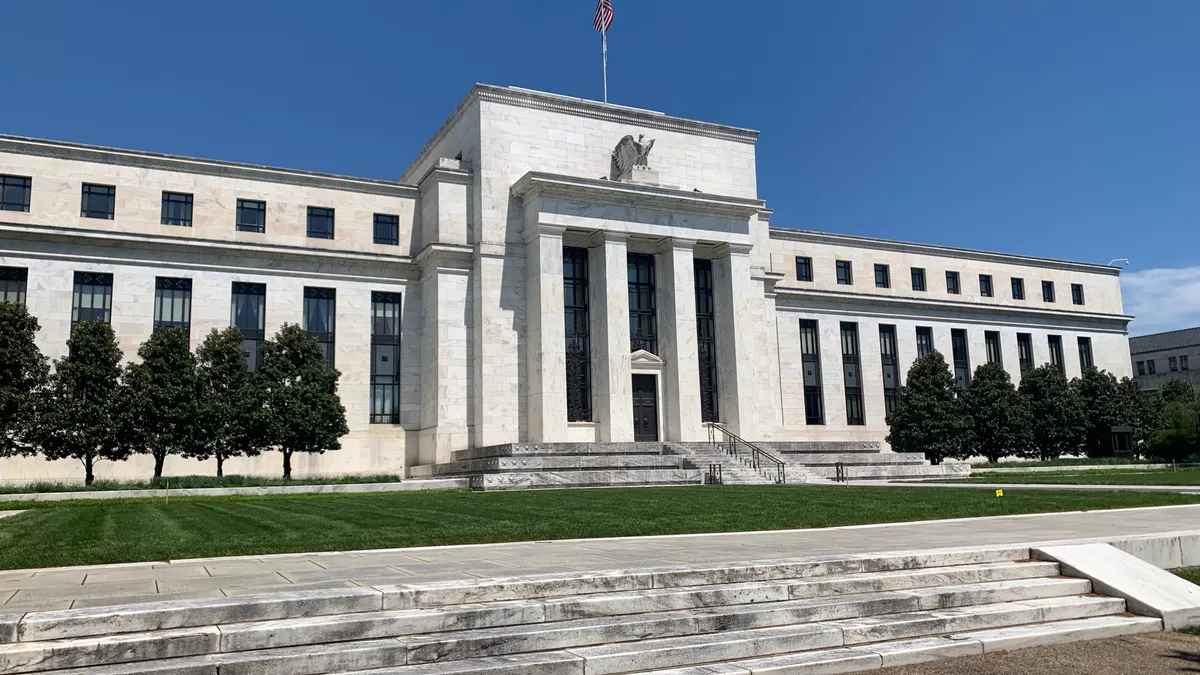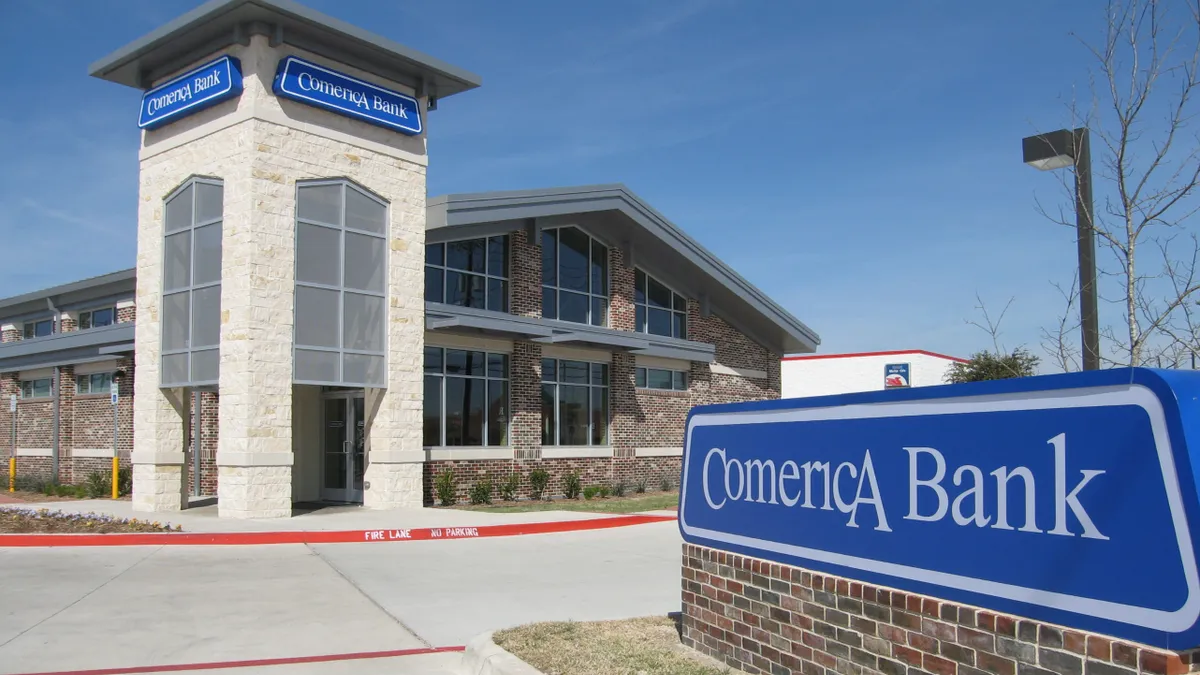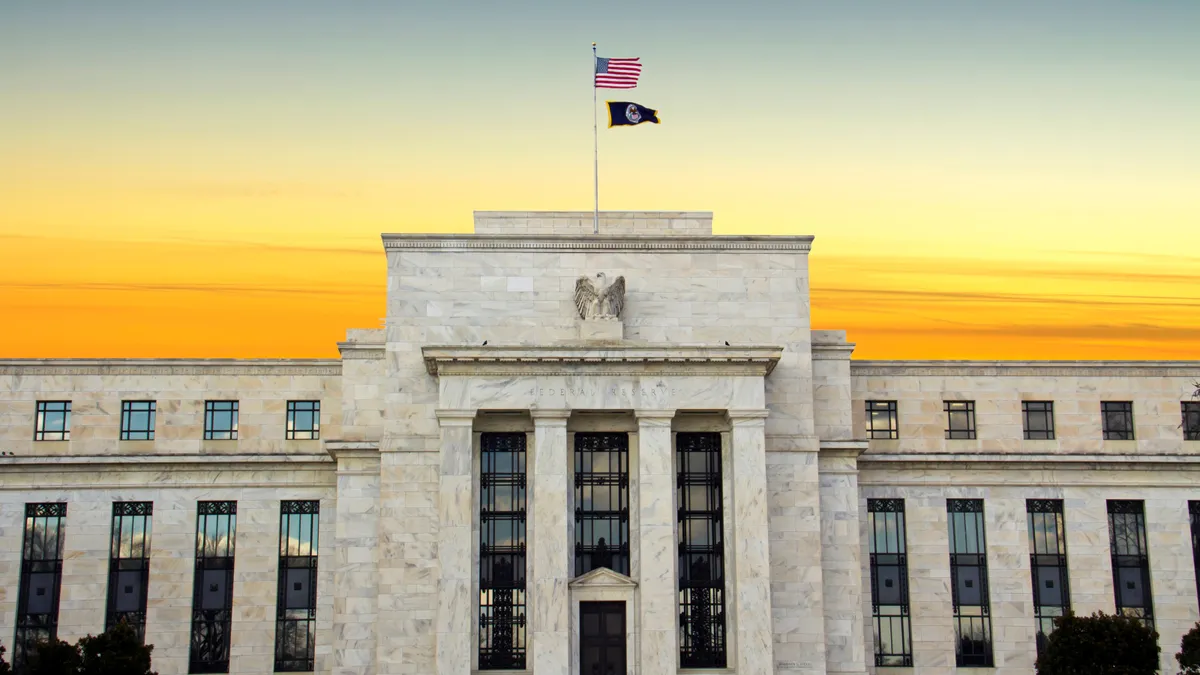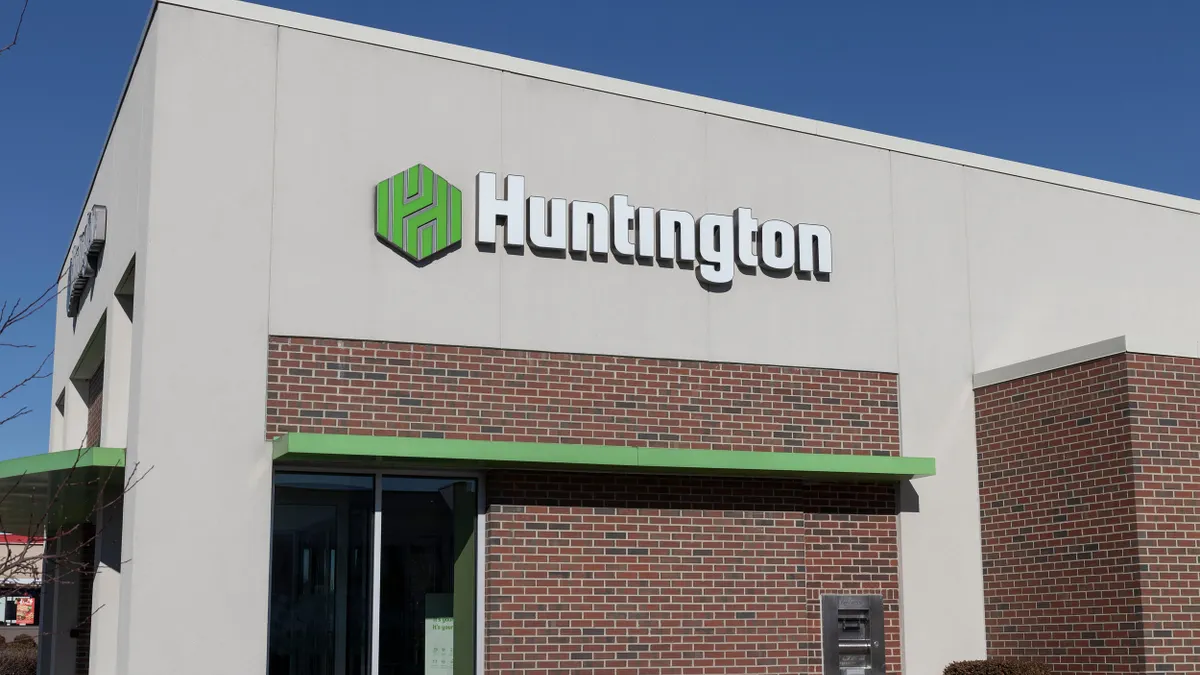Financial institutions, tech providers and fintechs have high hopes for the rollout of the Federal Reserve’s real-time payments system FedNow, which the central bank says is on track to debut in 2023.
For First Internet Bank, one of the program’s participants, the ability to offer early input and feedback was a motivator to apply for the program.
"It's really the Fed’s effort to get into the instant payments space," said Anne Sharkey, senior vice president of operations at the $4.2 billion-asset First Internet Bank. "Because most banks operate through the Fed, or are Fed members, it's really an opportunity for not only large banks, but small banks, credit unions, and core providers to be involved in this process and drive the instant payments space."
The program’s participants represent a diverse pool of the country’s financial services players. Large banks such as JPMorgan Chase and Wells Fargo, digital bank Green Dot, and core providers Jack Henry and Finastra are among the list of participants.
"It’s a pretty select group," Sharkey said. "But it’s also a group that’s representative of banks across the country as well as their customers."
First Internet, which is based in Fishers, Indiana, was founded by David Becker in 1999 as the nation’s first digital bank. Its participation in the Fed’s efforts to roll out a real-time payments service is a logical step for the bank, which considers itself an innovator and digital pioneer, Sharkey said.
"First Internet will be able to be in that testing process and be on the forefront of not only driving the process, but adopting it from the get-go," she said. "We’re really helping to hopefully make sure that once the entire program is opened up and rolled out to everyone that it works and functions as intended."
Extra participants
Esther George, president and CEO of the Kansas City Fed and executive sponsor of the Federal Reserve’s payments improvement initiatives, said in January the central bank adjusted to accommodate extra pilot program participants — more than 110 in total — because of "tremendous interest" throughout the industry.
The central bank said the program will support development, testing and adoption of the FedNow service, and encourage development of services and use cases that leverage the service’s functionality.
"The large and diverse group of pilot participants will help us develop a service that meets stakeholder needs and can be rapidly adopted by thousands of U.S. financial institutions and their customers," Nick Stanescu, senior vice president and FedNow business executive, said in a statement in January.
A real-time payments system operated by the central bank will come with benefits for financial institutions, as well as their consumer and commercial customers, Sharkey said.
Instead of waiting for payments to settle in batches at certain points in the day, FedNow would allow banks to settle those funds throughout the day, instantaneously, eliminating the risk associated with an account that may not have adequate funds, she said.
"As the largest real-time payment provider in the U.S., JPMorgan Chase will complement its existing payment offerings with FedNow, helping to provide our consumer and commercial clients with enhanced solutions for vendor and bill payments, payroll, account transfers and more," the bank's spokesperson, Christina Dello Buono, told The North Bay Business Journal.
Real-time payments also come with benefits to consumers who are paid via direct deposit. Most payrolls, Sharkey said, are transferred via the National Automated Clearing House Association (NACHA), which has a two-day settlement process.
"Some people, with the ACH settlement process, may see the memo post in their account that the funds aren't quite available yet until that Friday morning or when they officially get paid," Sharkey said. "With the FedNow process, payroll could happen almost in real time."
The lag associated with a two-day settlement process received attention amid the rollout of the government stimulus payments over the last several months, with Wells Fargo and JPMorgan Chase garnering pushback over perceived delays in the disbursement of the latest round of payments.
Challenger banks such as Chime and Current opted to credit customers’ bank accounts as soon as they received notifications that the funds were pending, while traditional banks such as JPMorgan Chase and Wells Fargo waited until the funds settled several days later.
'Global laggard'
"The Federal Reserve's payment system is a global laggard," said Aaron Klein, a senior fellow at the Brookings Institution, adding that the central bank’s payments system falls behind those of Mexico, Brazil, the U.K. and Europe, which have all developed real-time payments systems.
Ultimately, consumers who live paycheck to paycheck suffer because of a lag in payments, he said.
"Banks make fortunes on overdraft fees. Overdraft is pure profit for banks," Klein said. "The Federal Reserve system works well for people who have money and is very costly for those who live paycheck to paycheck."
Meanwhile, in the private sector, the nation’s largest banks have poured millions of dollars into the development of The Clearing House's real-time payments system, which launched in 2017.
Some industry observers have argued the development of FedNow may slow innovation by duplicating effort, but the central bank has stressed interoperability with private-sector payments systems.
FedNow would "expand but also strengthen the U.S. payment infrastructure" by operating alongside The Clearing House’s RTP network, Fed Gov. Lael Brainard said in August.
"The presence of more than one service provider also brings the efficiency benefits associated with competition," she said, citing analysis from the Government Accountability Office.






















